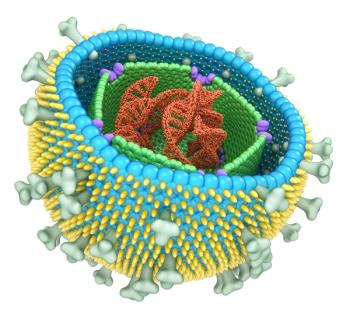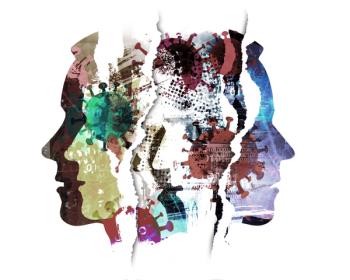
Acknowledging a patient's ability to grow and recover may help them feel more understood despite ongoing suffering.

Acknowledging a patient's ability to grow and recover may help them feel more understood despite ongoing suffering.

Resilience is a relatively neglected topic of research, but it has the power to dramatically improve patients' lives.

A growing body of scientific literature makes the case.


A rare robust finding from a study on bipolar depression.

"I can still hear my patient shriek..."

The COVID-19 pandemic should have us reflecting on the state of our health care system as well as embarking in a national dialogue on what type of system we want for this country and what investments we need to attain that vision.

Apathy occurs throughout the spectrum of neurocognitive disorders, but it is easy to mistake for other conditions, like depression. How can clinicians identify apathy, and treat it?

Cannabis has been heralded as a treatment for many conditions, but what about its psychiatric risks?

This CME covers how CNS-related psychosis may require medical interventions beyond antipsychotic and other psychotropic medications.

Recognizing the need to stay up-to-date with psychopharmacology and issues affecting psychiatric practice, Psychiatric Times' Editor in Chief invites readers to join him and leaders in psychiatry for a fascinating educational conference.

As the country opens up this summer, it's time to enjoy friends and family—and to build resilience for the challenges that still lie ahead.

1 in 3 COVID-19 survivors experience persistent consequences. What can psychiatry do to help?

Three women describe the massive impact COVID-19 has had on their lives.